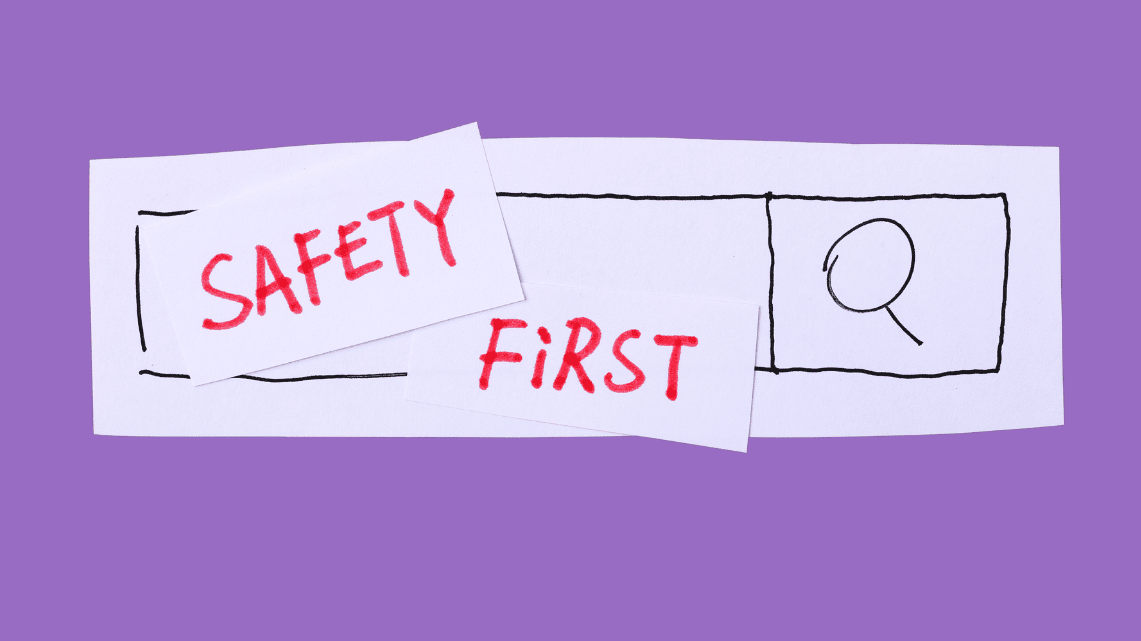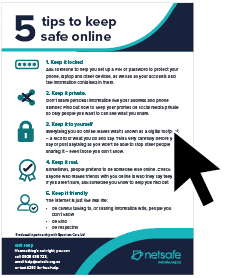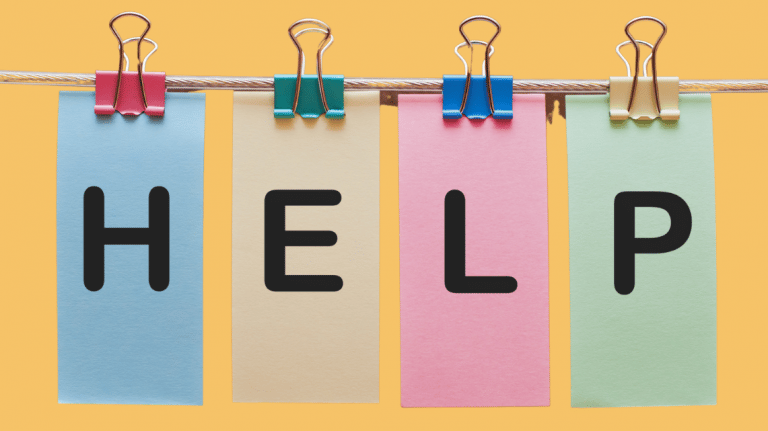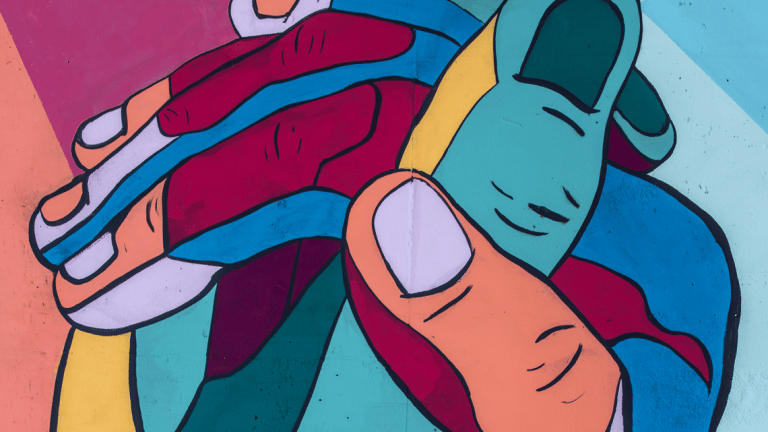Plain language: Keep safe online
The internet can open up the world for someone with an intellectual disability. It can make communication easier, help access advice and information and create online communities. Sadly, the internet also has a dark side. We’ve worked with Spectrum Care to create plain language online safety guides for people with an intellectual disability, and those who support…

The internet can open up the world for someone with an intellectual disability. It can make communication easier, help access advice and information and create online communities.
Sadly, the internet also has a dark side. We’ve worked with Spectrum Care to create plain language online safety guides for people with an intellectual disability, and those who support them.
5 tips to keep safe online: plain language guide
1. Keep it locked.
Ask someone to help you set up a PIN or password to protect your phone, laptop and other devices. Do the same for all your accounts to protect any information about you that has been shared in them.
2. Keep it private.
Don’t tell people personal information like your address and phone number. Find out how to keep your profiles on social media private so only people you want to can see what you share.
3. Keep it to yourself.
Everything you do online leaves what’s known as a digital footprint. This is a record of what you do and say. Think very carefully before you say or post anything. You won’t be able to stop other people sharing it – even those you don’t know.
4. Keep it real.
Sometimes, people pretend to be someone else online. Check anyone who makes friends with you online is who they say they are. If you aren’t sure, ask someone you know to help you find out.
5. Keep it friendly.
The internet is just like real life.
- Be kind.
- Be respectful.
- Be careful talking to, or sharing information with, people you don’t know.
Plain language: 5 tips to keep safe online (PDF, 62KB)
Watch our video
Report it
Netsafe offers a free service for people who are upset or hurt by something that happens online. We can explain how the Harmful Digital Communications Act (HDCA) may apply to you. This law deals with image based abuse (like revenge porn), incitement to suicide and extremely offensive, abusive or harassing content.
- Call us toll-free on 0508 638 723
- Text ‘Netsafe’ to 4282
- Email [email protected] for online safety help
- Report it online
What happens when you contact Netsafe
Netsafe will:
- ask you questions to understand what has been happening to you. We can check if the Harmful Digital Communications Act (HDCA) may apply to you. This law deals with image based abuse, incitement to suicide and extremely offensive, abusive or harassing content
- talk about ways to stop the abuse
- suggest other people you can talk to who may be able to help
We will continue to add to our plain language pages, so please get in touch if there is an area you think we should cover. Email your suggestions to [email protected]
KEEP UP TO DATE
Follow us on social media and sign up to our enewsletter for alerts, news and tips.








